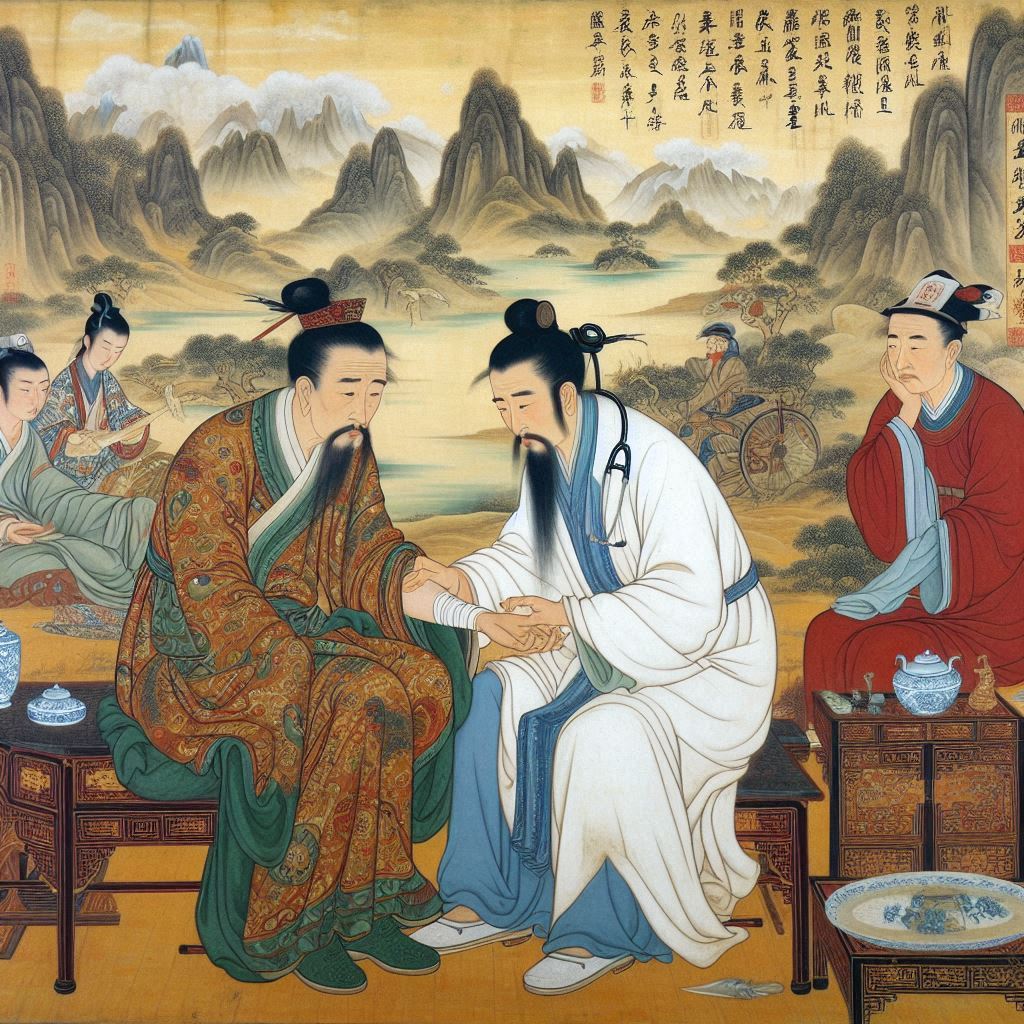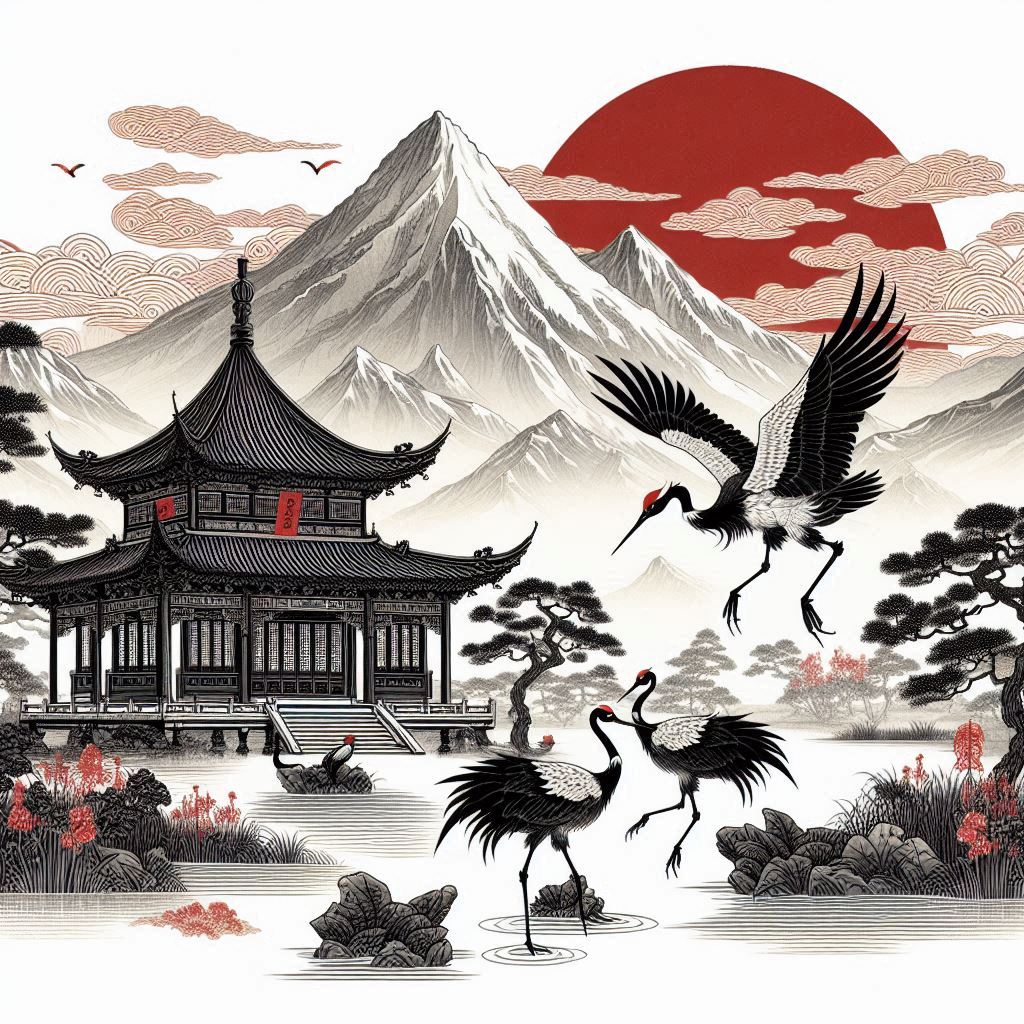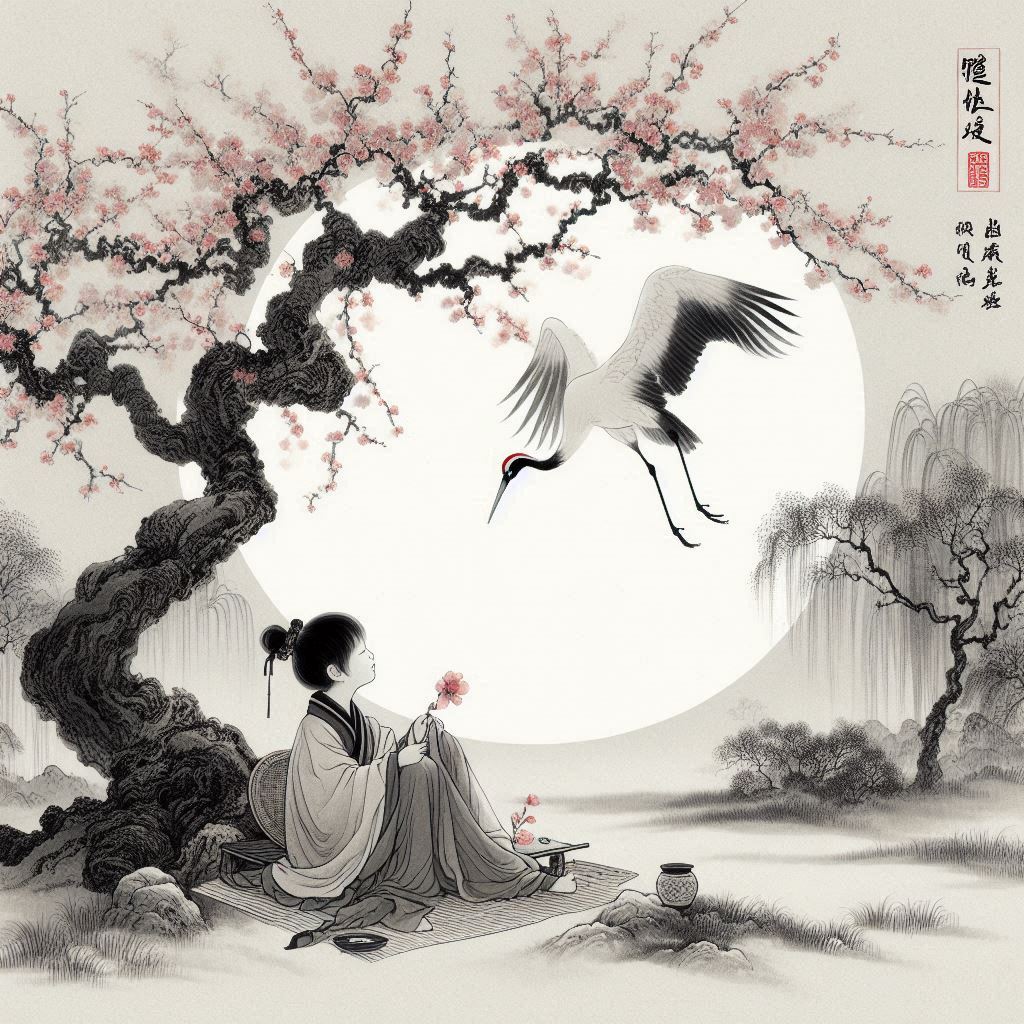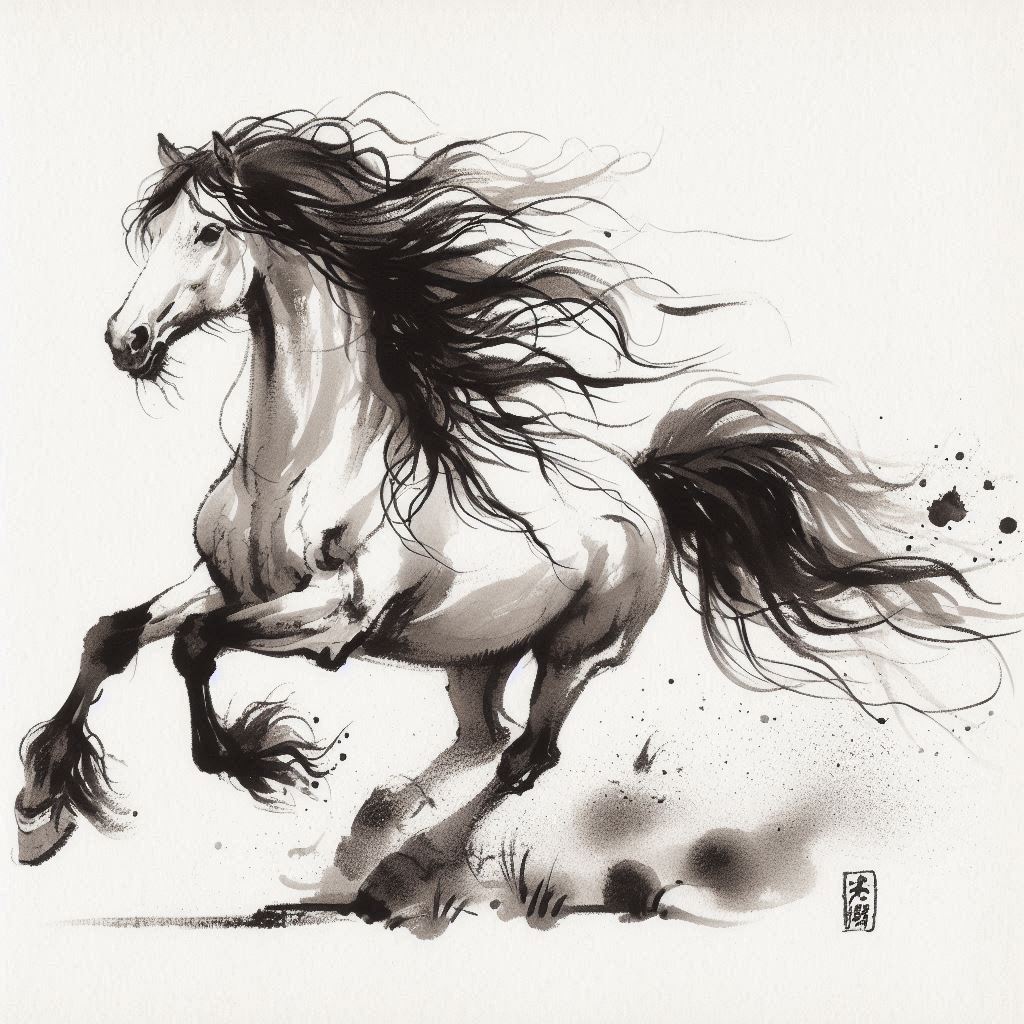Cause
- sudden and excessive emotions
Note: To understand the term "Qi", thus to get a better grasp of the following disharmony, we encourage our readers to review the short material "What is Qi" and "Qi in Traditional Chinese Medicine" in the Vitality chapter.
The main function of the Stomach is to "receive and decompose food"(1). A healthy Stomach Qi always flows downwards as this is the direction of the digestion(1)(3). When the Qi changes directions, i.e. ceases to flow downwards and instead starts flowing upwards, it becomes “rebellious Qi”.
The causes for “rebellious Qi” are most often sudden and excessive emotions, which interfere with the healthy descending of the Stomach Qi(2).
If you want to learn more about the stomach and its functions from the perspective of traditional Chinese medicine go to "The Stomach in Traditional Chinese Medicine" in the Physiology chapter.
Symptoms
- nausea
- vomiting
- hiccup
- belching
Signs of rebellious Stomach Qi are nausea and vomiting. Other signs of rebellious Qi are hiccup and belching(2).
Treatment Approaches
The treatment is predominantly on a vital level. The goal is to direct the Stomach Qi back to its normal downward direction. One can do that by gently caressing the Stomach area, starting with the upper part of the Stomach and moving down. Once down, the hand needs to be placed back on the upper Stomach area, instead of sliding it back up. Doing this exercise repeatedly will redirect the Stomach Qi.
To unlock the rest of this article select "Yes, I want to learn!" below.
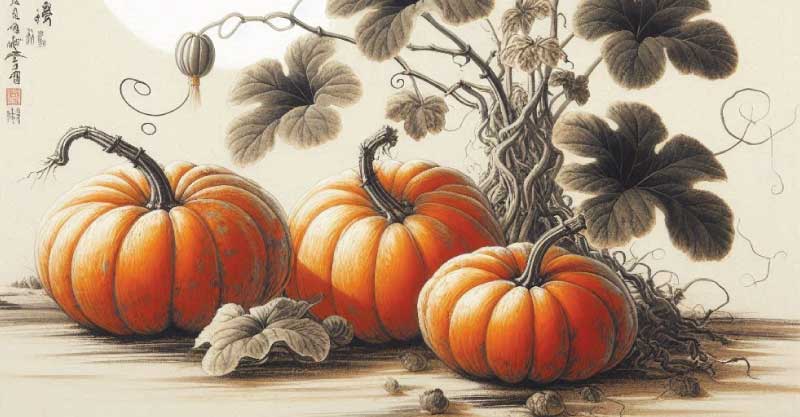
Food therapy is the most economical and non-toxic biochemical approach to health and disease. Food is something we continuously use to sustain our lives. Learning what foods are healing (and what disruptive) for each condition has the potential to convert every meal into a form of therapy.
YS
(1) Deng Liangye, Gan Yijun, He Shuhui, Ji Xiaoping, Li Yang, Wang Rufen, Wang Wenjing, Wang Xuetai, Xu Hengze, Xue Xuiling, Yuan Jiuling (1987). Chinese Acupuncture and Moxibustion. China: Foreign Languages Press
(2) Maciocia, Giovanni (1989). The Foundations of Chinese Medicine. Edinburgh: Harcourt Publishers Limited
(3) Zhang, Enqin (1990). Basic Theory of Traditional Chinese Medicine. Shanghai: Publishing House of Shanghai College of Traditional Chinese Medicine
Related Articles:
The Spleen and the emotion pensiveness
The Spleen, the season late summer, and foods during late summer that benefit the Spleen
Herbs that treat dampness and benefit dampness in the Spleen
Herbs that clear heat and dry dampness
Herbs that tonify Qi and benefit Spleen Qi deficiency
Please read our Disclaimer

